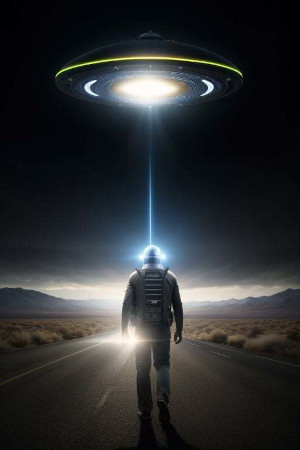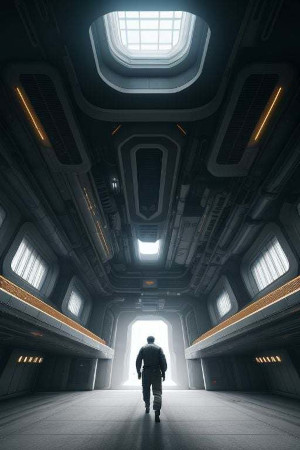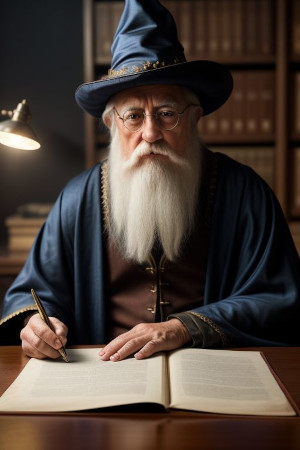2012
Dec
14
Fantasy Trilogy Enjoyment Functions
Well, this might be a weird post. But then, I'm weird. Being the geek that I am, I was sitting on the couch last night looking at one of the bookshelves in the living room, or, rather, books on the shelves, pondering the number of fantasy trilogies represented there. Still the geek, I got to thinking that my enjoyment of them throughout the three books could be fitted to some mathematical function.
Still being a geek today, I pulled up Mathematica and set to work making some plots. Here are the results.
Lord of the Rings
Naturally, this is the archetype, and each time that I've read it, there was consistently high enjoyment throughout, with this simple result:
His Dark Materials
This trilogy by Philip Pullman had me thrilled at the beginning, but by the middle of the second book (The Subtle Knife), I sensed a downhill slide. Yes, at the end, it dips below zero, which simply means that I would rather have not read the ending. I'm delighted, actually, that they only made the one film, but I couldn't have gotten myself to watch them all.
The Riddlemaster Trilogy
Patricia McKillip's breakthrough (also called The Riddle of Stars) has at last settled out as my all-time favorite fantasy trilogy, beating out even J. R. R. Tolkien. Notice that at the end, quite the opposite of crashing below zero, actually peaks far above 100. I'm not sure how far. I can't say for sure that it represents a true mathematical singularity (or pole, depending on your usage), but it was right off the scale when it came to mind-blowing. It has that effect now, even after the tenth read.
The Sword of Shannara Trilogy
Yes, I enjoy Terry Brooks. Still, I thought that this trilogy was up and down. I thought some parts slow and silly, others quite exciting and involved. But that's the way it goes.
Now, I think I need to pull back a little from my geekiness, or at least direct it into something more productive.



















Comments
There are no comments for this post.
You must be logged in to post a comment.